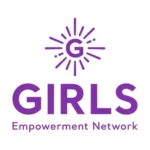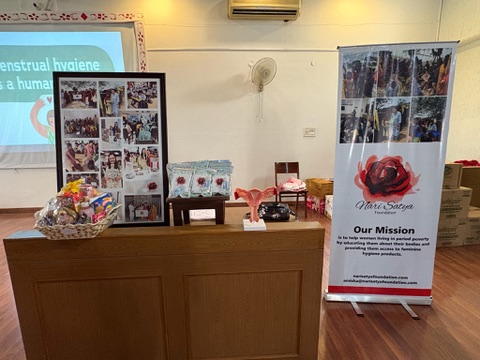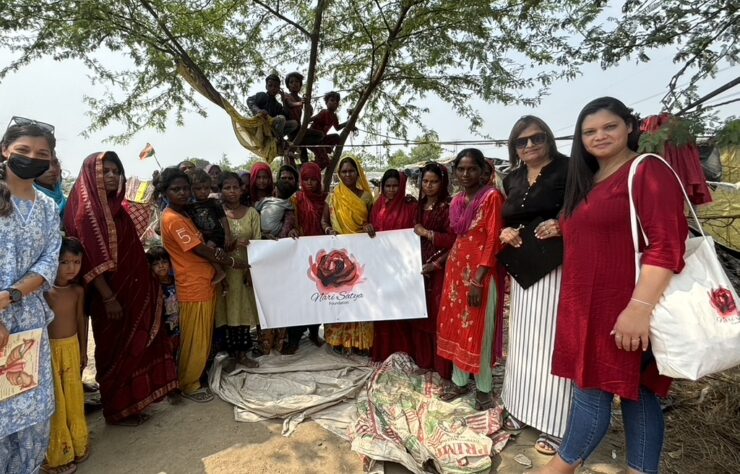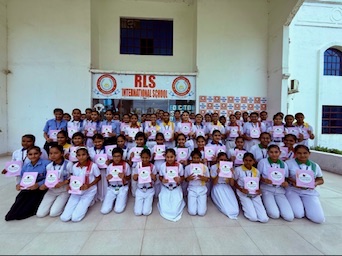Let’s Initiate a new Business Venture
Convert Business Ideas into Great Opportunities
Jackcerra is a full-service consultation firm with record of winning many successful campaigns. Have a great journey with us
Let’s Initiate a new Business Venture
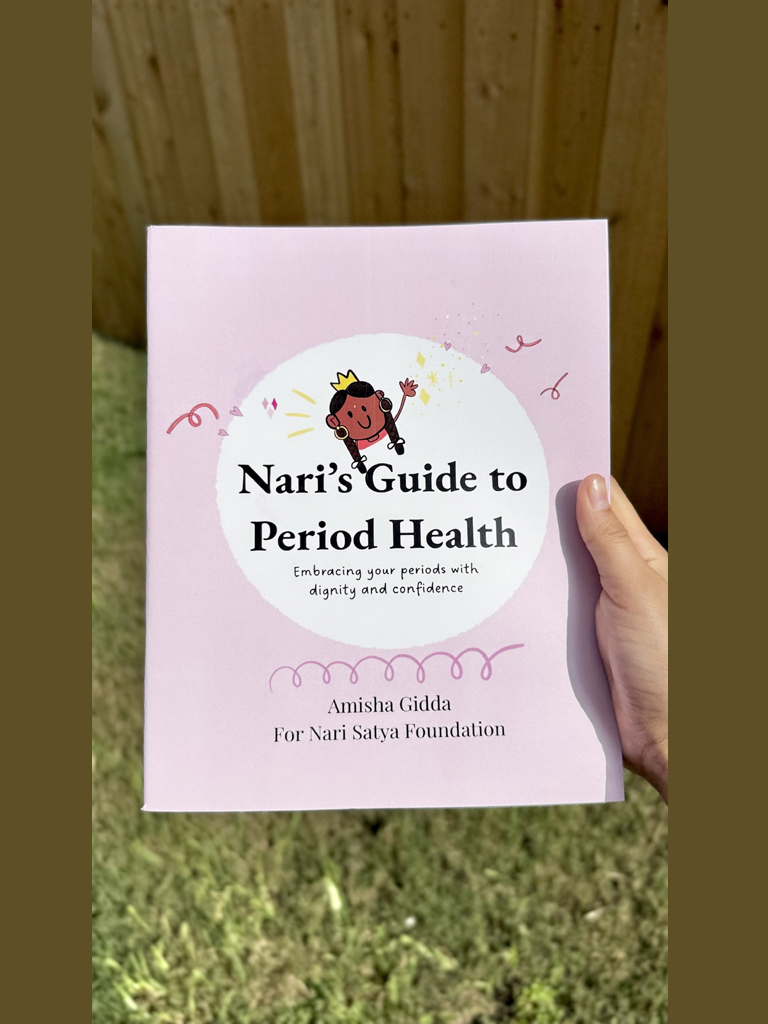
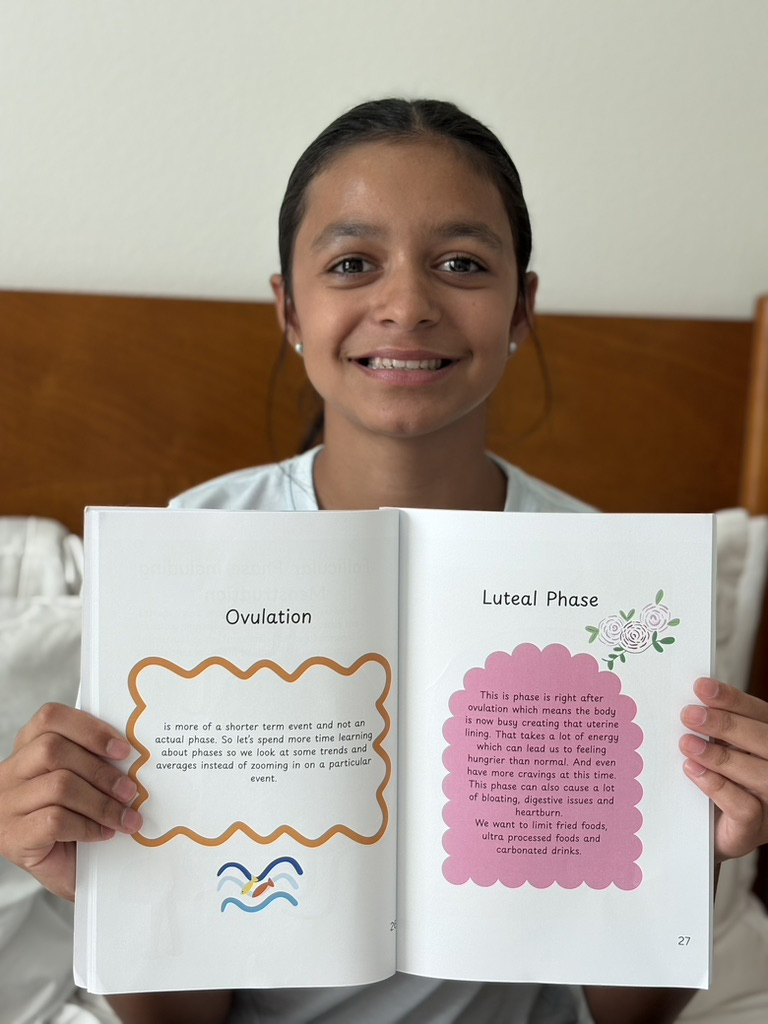
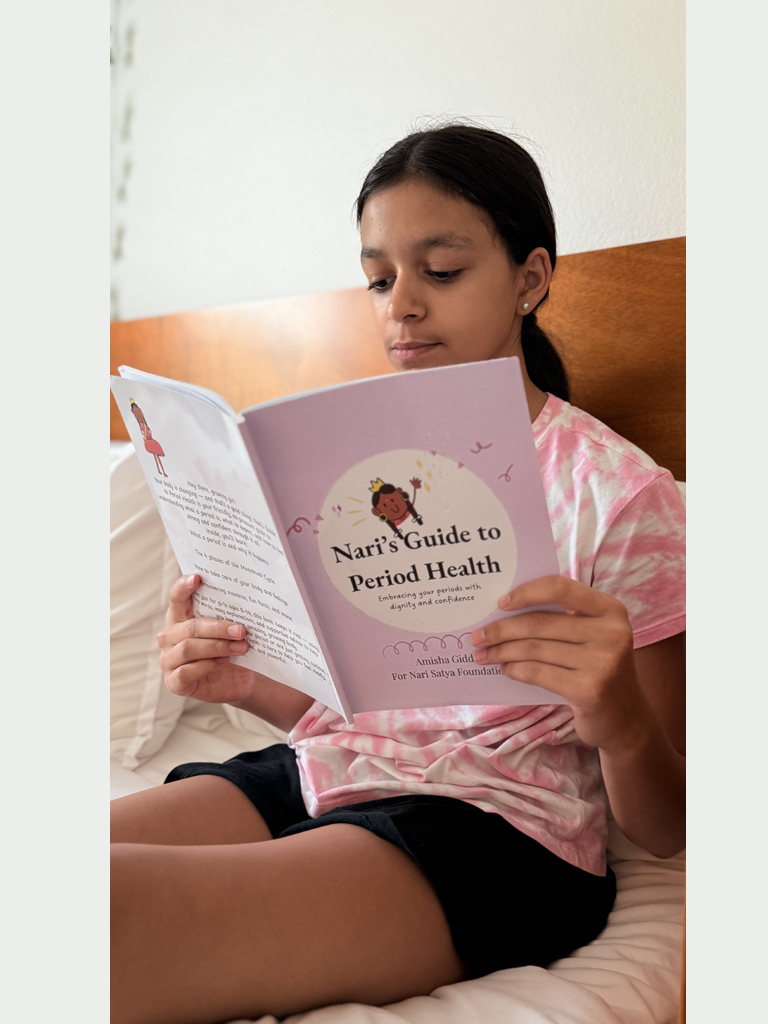
Introducing: Nari’s Guide to Period Health
For so many of us, our first lessons about menstruation came with silence, confusion, or shame. I wrote this children’s book to help change that—for the next generation.
It’s called Nari’s Guide to Period Health, and it’s a gentle, inclusive, age appropriate and empowering guide to period health written just for kids.
It helps them understand what’s happening in their bodies—and why it’s nothing to fear or hide.
MISSION
Our mission is to help women living in period poverty by educating them about their bodies and providing them access to feminine hygiene products.
Financial Consultation
Leadership Training
Market Research
Global Operation Plan
Leadership Evaluation
Leadership Evaluation
Explore all the Other services by Jackcerra

Setting up Milestones
Educating hundreds of women and girls
about menstrual health through community workshops and awareness sessions.
Distributing sanitary products
to underserved communities, reducing the burden of period poverty.
Reaching remote and rural areas.
ensuring even the most marginalized women have access to information and hygiene supplies.



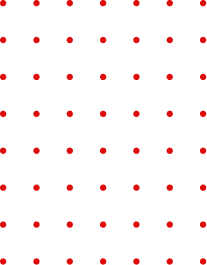



HERE’S WHAT YOUR DONATION DOES
Did you know 1 in 4 women in the U.S. can’t afford period products? The Nari Satya Foundation is working to change that by providing free period kits, menstrual health education, and advocacy in underserved communities across Austin, Round Rock, and India.
$25:Cover a 1-month supply of period products
$50:Cover a 6-month supply of period products
$100:Cover a 12-month supply of period products
$500:Install a sanitary pad dispenser

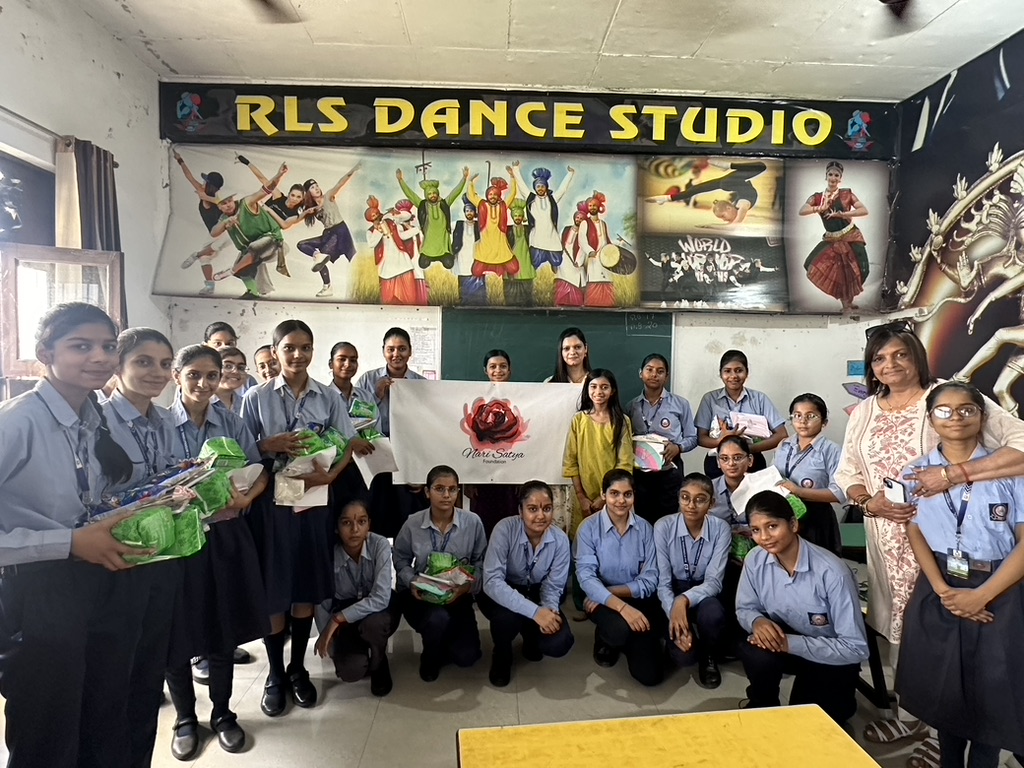

“Small efforts | Big impact | Join our mission”
Local Work In Round Rock, TX
We support (we donate period products and underwear, lead Menstrual health workshops) organizations like:

Real stories. Real change. Real smiles
Karan Raheja
JITENDER SINGH RANA, DIRECTOR
SANGEETA YADAV, PRINCIPAL
PR NATH






